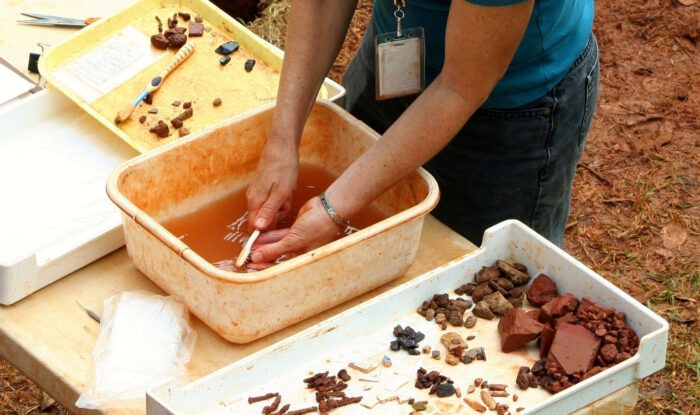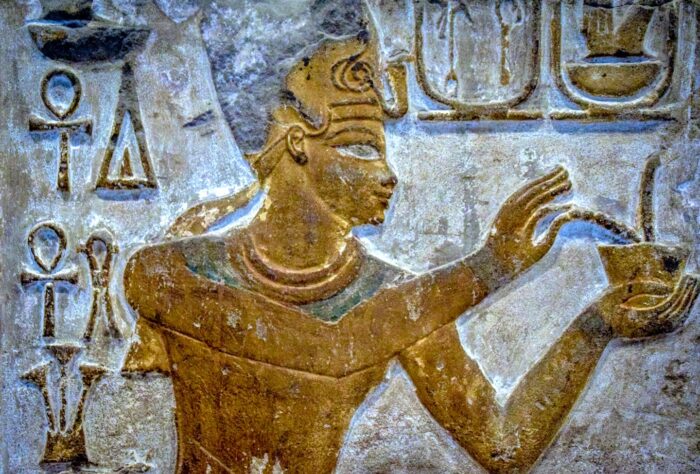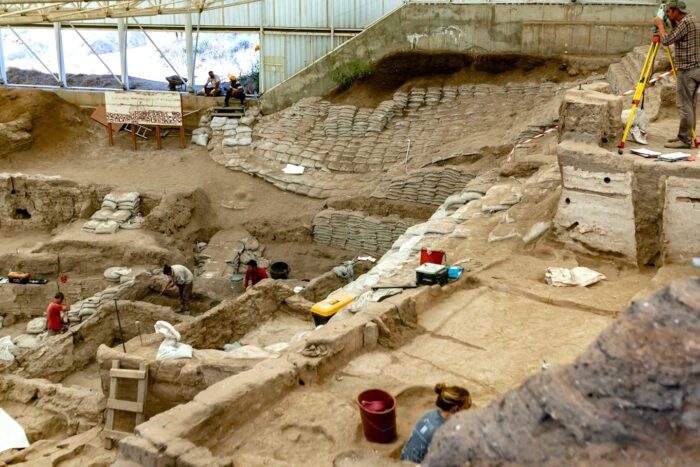Archaeology
- UCAS Code: V400
- Campus Code: 4
- Duration: 3 years
- Places per year: 1-2
This flexible course gives you the opportunity to study a broad range of subjects, as well as go on exciting digs and field trips. Explore human evolution and biology, ancient cultures and languages, early societies and how heritage affects identity and politics today.
You can study archaeology, Assyriology, biological anthropology and Egyptology. For an overview of the course content, visit the Archaeology course page on the University website. For information about applying for this course at Trinity Hall, continue reading this page!

Archaeology
Looking for something specific? Use these quick links to get to where you want to go…

Entry Requirements
Minimum Offer Level
A-Level: A*AA
IB Diploma: 42 points, with 776 at Higher Level
Other: See the University’s Entry Requirements page
Subject Requirements
We don’t ask for any specific subjects to apply to Archaeology.
We’d recommend certain subjects for a strong application, ideally any combination of arts, humanities, sciences or social sciences.

Admissions Process
Written Work
You will need to submit one piece of written work before your interview. This should be in essay format (not science coursework or a timed exam) with a word limit of up to 1500 words. The work can be taken from an EPQ.
You do not have to send this work before applying; we will write to you after you have applied and let you know exactly what you need to send and when.
Admissions Assessment
We do not require a written assessment for this course.
Interviews
Two interviews of about 25 minutes each.